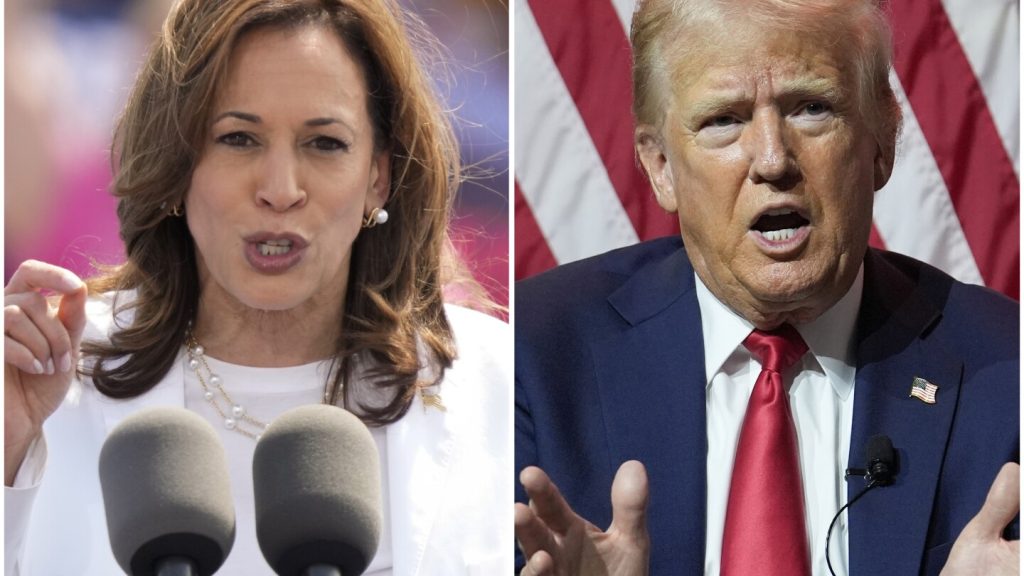In the lead-up to the 2024 election, concerns were raised about the potential impact of generative artificial intelligence on social media, particularly in the form of deepfake videos. However, rather than encountering realistic deepfakes, voters have been exposed to absurd and often cartoonish AI-generated images. These images, while not taken seriously by most viewers, have become tools for spreading false and politically motivated messages, including racist narratives, with some candidates and their supporters sharing them on social media.
One example highlighted is the promotion of the unfounded conspiracy theory by former President Donald Trump and his allies about Haitian migrants in Springfield, Ohio stealing and eating cats and dogs. AI-generated memes were shared to support this claim, with images depicting Trump surrounded by cats and white ducks on a luxury jet or kittens holding signs pleading not to be eaten. Experts warn that such images perpetuate harmful and xenophobic narratives, especially when shared by elected officials.
While Republicans defend these images as lighthearted jokes consistent with Trump’s personal style, critics argue that they contribute to the propagation of racism and xenophobia. The use of AI-generated images in political campaigns is not limited to Trump supporters, as some left-leaning users have also engaged in creating and sharing such content. However, Democrats like Kamala Harris have refrained from amplifying AI-generated memes, focusing instead on other forms of digital content.
The speed and accessibility of generative AI tools have made it easier for campaigns to create outlandish political content that can quickly garner attention and engagement online. These AI-generated images have a hyperrealism that can enhance the impact of political messages, driving clicks and likes. While campaigns have long grappled with disinformation, the use of AI allows for the rapid creation of engaging content that can spread political narratives effectively in targeted online spaces.
The use of artificial intelligence for political satire and propaganda is a global phenomenon, with examples observed in various elections worldwide. While some AI-generated content may be aimed at entertainment and humor, there are concerns about deceptive uses that blur the line between reality and fiction. Critics worry that the widespread adoption of AI in political campaigns could have negative implications for democracy and public discourse, particularly in the context of increasingly polarized societies.
Despite past commentary from former President Trump expressing concerns about artificial intelligence, his campaign has embraced AI-generated images as part of its strategy for the 2024 election. Some Republicans have expressed reservations about this approach, with Congressman Brian Fitzpatrick stating his personal disapproval of engaging in memes. As the influence of AI in politics continues to grow, questions remain about its potential impact on the integrity of elections and democratic processes.


